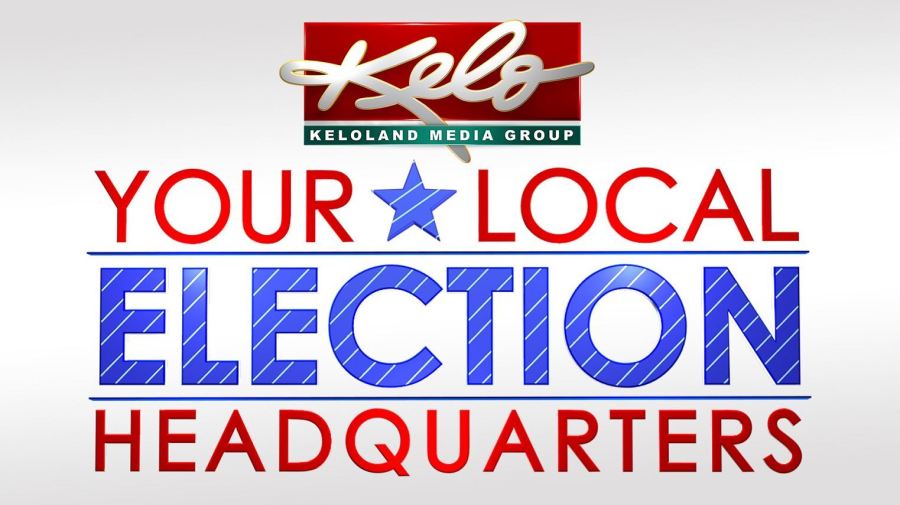SIOUX FALLS, S.D. (KELO) — Initiated Measure 28 would do away with the state’s share of the sales tax on items for human consumption, which includes groceries.
Supporters say eliminating the tax on groceries is one of the best ways to help families that are struggling financially. However, opponents say IM 28 is poorly written and leaves room for misinterpretation.
On the ballot, Initiated Measure 28 is titled an “Initiated Measure Prohibiting Taxes on Anything Sold for Human Consumption.” It’s the term human consumption that opponents don’t like. They fear it could mean the elimination of taxes on more than just groceries.
“The governor’s bill two years ago House Bill 1075 included the term food and food ingredients which is defined in South Dakota law,” said Nathan Sanderson, the Executive Director of the South Dakota Retailers Association. “The phrase anything sold for human consumption is not defined in state law and obviously includes much, much more than food and food ingredients. And so there is no arguing it’s frankly drafted incorrectly.”
But one of the backers of IM 28 says the intent of the proposal is to eliminate the state tax on nothing more than groceries. Rick Wieland points to the fiscal note on the ballot, which says IM 28 would result in a reduction in sales tax revenue for the state of 123.9 million dollars.
That number indicates the state’s share of sales tax on groceries only.
“It’s a tax on food, not toilet paper, we don’t eat toilet paper, we don’t drink gasoline. We eat food and South Dakotans need a break this is a savings of 123.9 million dollars, a tax savings to the people of South Dakota,” said Weiland.
Weiland also says the fiscal note contains clear instructions that counties, cities and towns could continue to tax anything sold for human consumption.
“There have been a lot of hypotheticals, and not facts, hypotheticals I think have created an atmosphere of fear and not facts,” said Weiland.
But opponents aren’t convinced.
“For the state of South Dakota, the lion’s share of its revenue comes from sales taxes. And so if we erode that sales tax base, that only leaves us two options, find an alternate way to pay for it or make significant cuts,” said Sanderson.
According to Weiland South Dakota and Mississippi are currently the only two states that tax groceries at the full sales tax rate.


